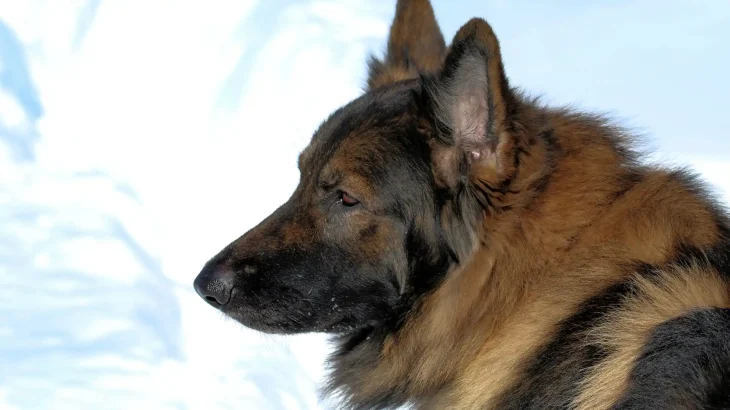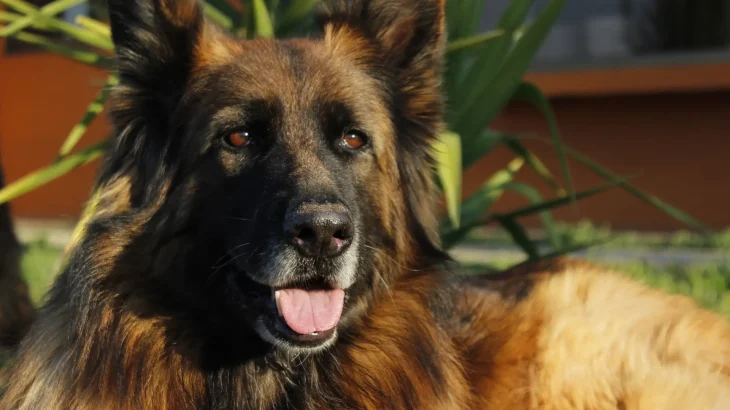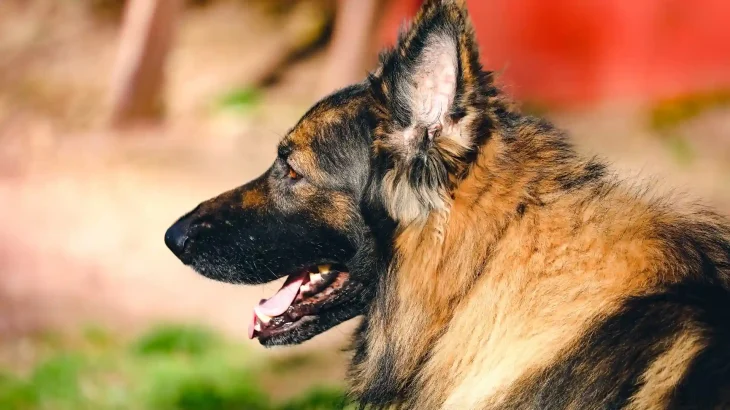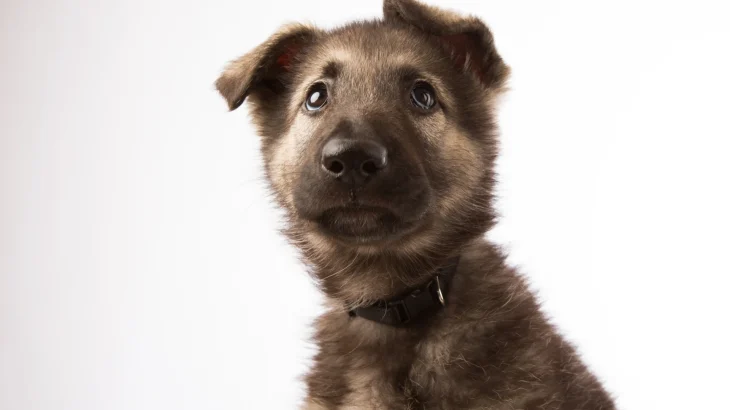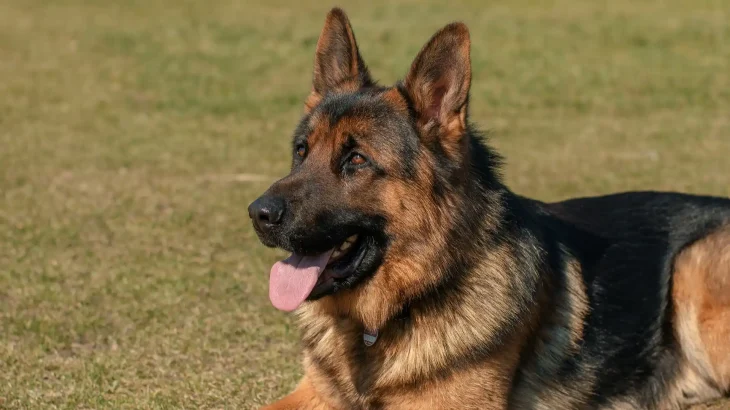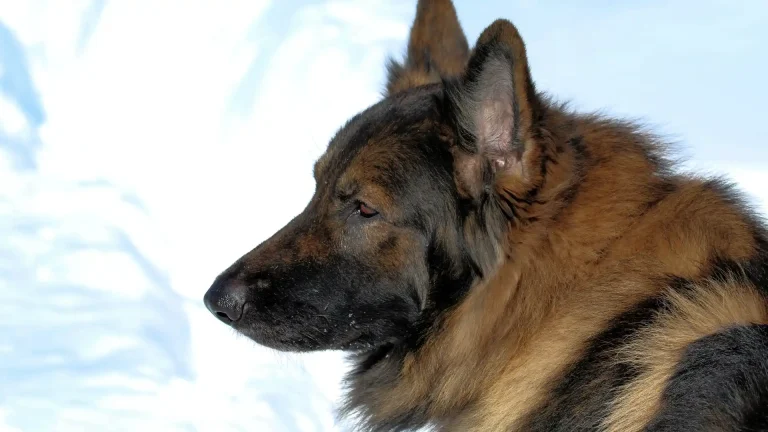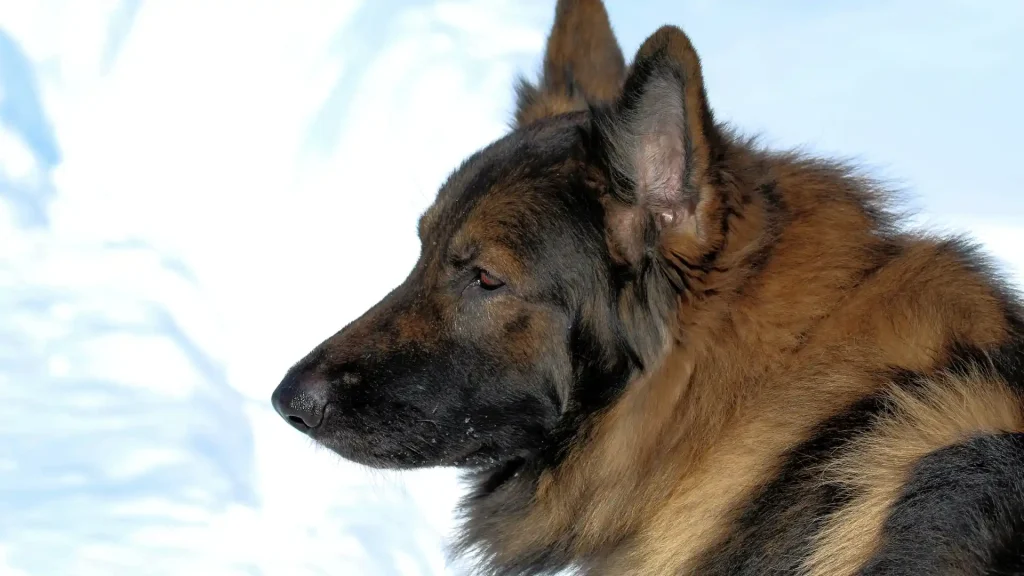Choosing between adopting or purchasing a Shiloh Shepherd puppy involves balancing the desire for a known lineage with the rewarding experience of providing a home to a dog in need. Purchasing from a breeder often means more insight into the pup's background and health, while adoption offers the chance to rescue and care for a dog who might not otherwise have a home.
Adoption vs. Breeder: Pros & Cons
| Criteria | Buying from Breeder | Adopting from Shelter/Rescue |
|---|---|---|
| Cost | Higher initial cost, typically $1,500-$3,000, reflecting purebred status and breeder expenses. | Lower fees, usually $100-$300, making it more affordable. |
| Health History | Often includes comprehensive health screenings and genetic records. | Health history may be incomplete; many are medically evaluated on intake. |
| Age Availability | Mostly puppies, allowing owners to raise a dog from the start. | Broader age range including adults, which can suit those wanting a mature dog. |
| Temperament Insight | Breeders usually provide insights based on parents' behavior and lineage. | Shelter staff can share observed behaviors, but full history may be unknown. |
| Supporting Practices | Supports responsible breed preservation when choosing ethical breeders. | Helps animal welfare by providing homes to dogs in need. |
| Breed Purity & Pedigree | Strong assurance of breed purity with official pedigree documentation. | Breed purity may be uncertain; pedigree documentation rarely available. |

